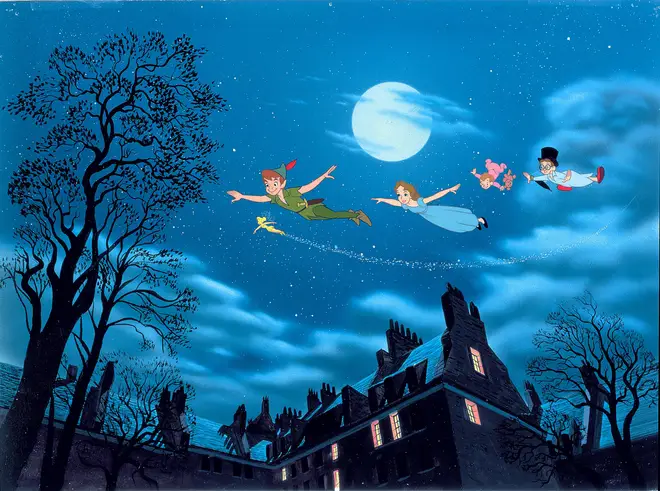
Clive Bull 1am - 4am
9 January 2023, 10:05 | Updated: 9 January 2023, 10:39

A Scottish university has sparked criticism by putting a trigger warning on the popular children’s book Peter Pan.
Aberdeen University has put the JM Barrie book on a list of titles that may leave adults needing help or support after reading them.
Peter Pan’s adventures in Neverland were given the warning because the content can be ‘emotionally challenging’ and advises students they should seek help if they feel unable to cope with themes within the book.
It says the book contains “odd perspectives on gender, but no objectionable material”.
Other books on the university’s list are The Railway Children and The Lion, the Witch and the Wardrobe.
Read more: Police spend £66,000 on 'woke' rainbow LGBT merchandise
The university said: “Our guidelines on content warnings were developed in collaboration with student representatives and we have never had any complaints about them — on the contrary, students have expressed their admiration for our approach.”
Aberdeen University graduate and MP for West Aberdeenshire and Kincardine, Andrew Bowie, told the The Scottish Mail on Sunday he was “baffled” by the decision.
“I re-read Peter Pan last year and it’s one of my favourite book,” he said. “So I am baffled by any decision to warn students away from its study,” he said.
“Undergraduates should be sufficiently intellectually mature to understand the tension between innocence and experience in Peter Pan.”
A spokeswoman for the university said: “Students are informed about the content of the texts and, as critically mature adults, they are empowered to make their own decision about which text to read.
“This approach enables us to explore controversial topics that could otherwise be difficult to address in an inclusive and supportive environment.
“Our guidelines on content warnings were developed in collaboration with student representatives and we have never had any complaints about them – on the contrary students have expressed their admiration for our approach.
“ Our content warnings reflect the fact that every student is different, and do not seek to tell them what they should or should not find challenging.”